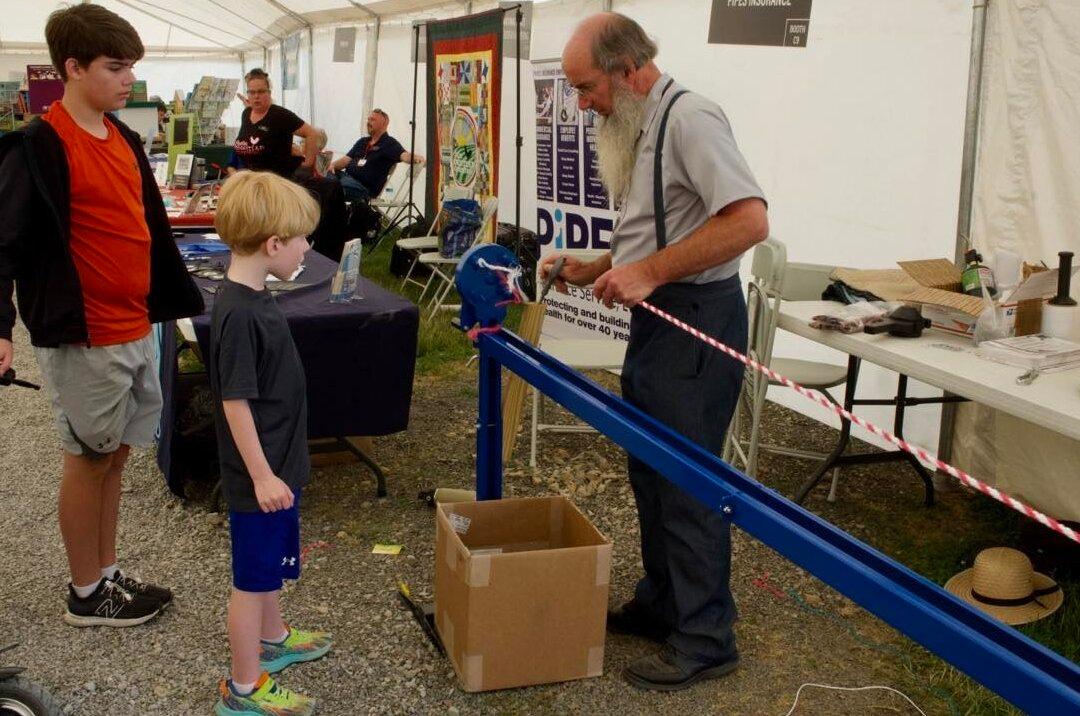WALNUT CREEK, Ohio—Amid the rolling green hills of eastern Ohio, Amish and Mennonite farms dot the landscape along roads traveled by horse-drawn buggies and automobiles. Here, self-sufficient living is a way of life. This is a reason why the Food Independence Summit has already become one of the country’s largest sustainable living events where experts provide insight and hands-on demonstrations about organic farming and food preservation.
Last week, around 4,000 homesteading enthusiasts from all experience levels flocked to the summit in its second year. The intent is to encourage and provide the tools and information to take steps toward discovering the freedom that comes with homegrown and local food, co-founder Marcus Wengerd told The Epoch Times.





